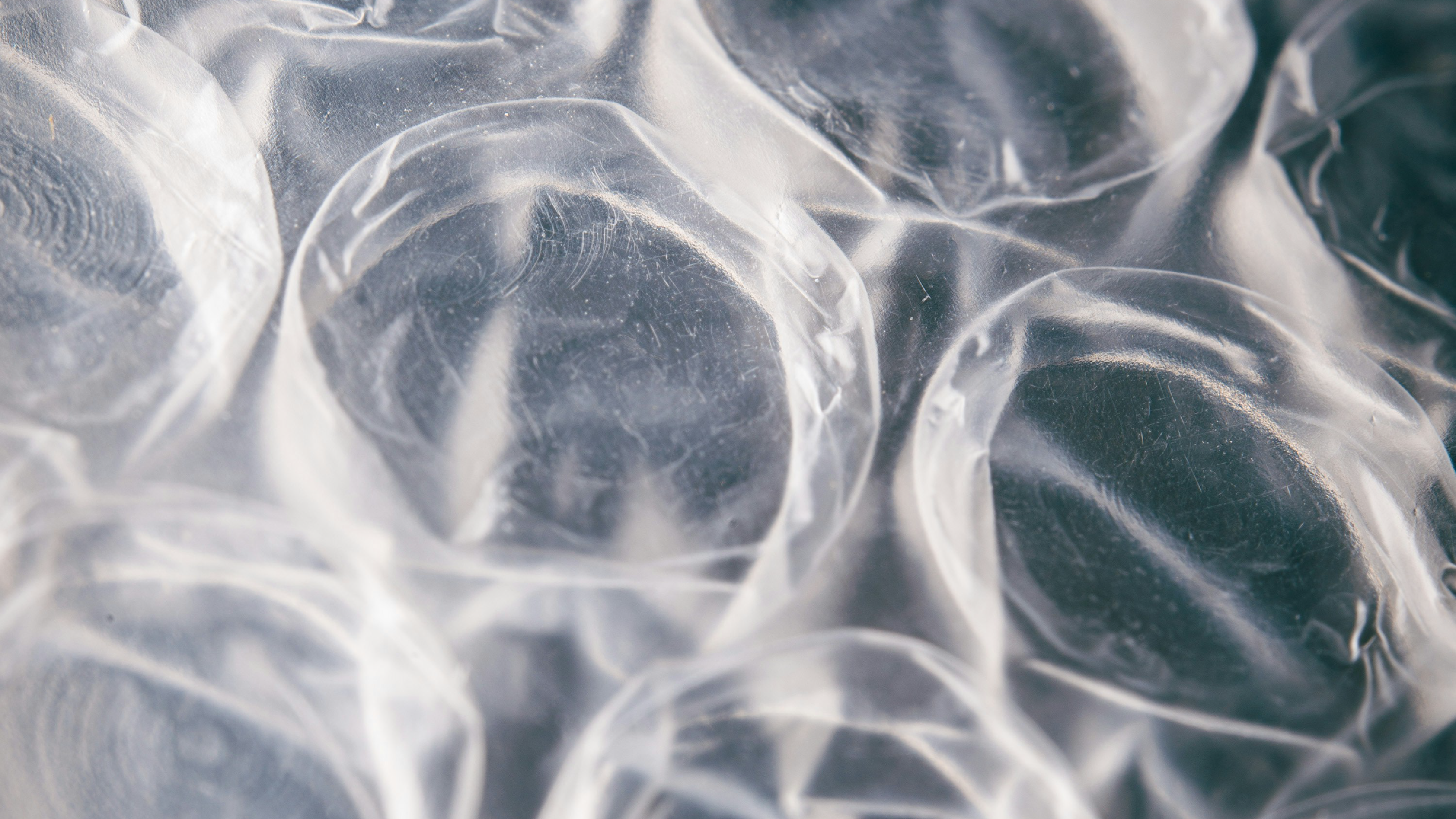These sustainable hair extensions are made from banana fibres
Rebundle's sustainable hair extensions made from banana fibers are an eco-friendly alternative to synthetic extensions.
These sustainable hair extensions are made from banana fibers, repurposed from banana tree stems in East Africa that would otherwise be left to rot or be discarded. Unlike ordinary extensions, they're completely non-toxic and don't irritate the scalp.
The environmental impact of synthetic hair extensions
The global market for wigs and extensions could reach $13.28 billion by 2026, but synthetic hair extensions are composed of low-grade plastics. They can be difficult and costly to recycle, and 14,000 tonnes end up in US landfills each year. They're also coated in materials that can irritate the scalp.
Rebundle: a sustainable alternative
Start-up Rebundle was created by Ciara Imani May, who suffered one too many itchy scalps. The start-up isn't only pioneering plant-based braids; customers can ship their used synthetic extensions to Rebundle, which ensures they're recycled into outdoor furniture and lawn and garden tools.
Rebundle is a member of the Circulars Accelerator programme, led by Accenture in partnership with UpLink, Ecolab, Anglo American, and AWS. The program aims to accelerate the transition to a circular economy by supporting businesses that are developing innovative solutions to waste and resource management.
「フォーラム・ストーリー」ニュースレター ウィークリー
世界の課題を読み解くインサイトと分析を、毎週配信。






